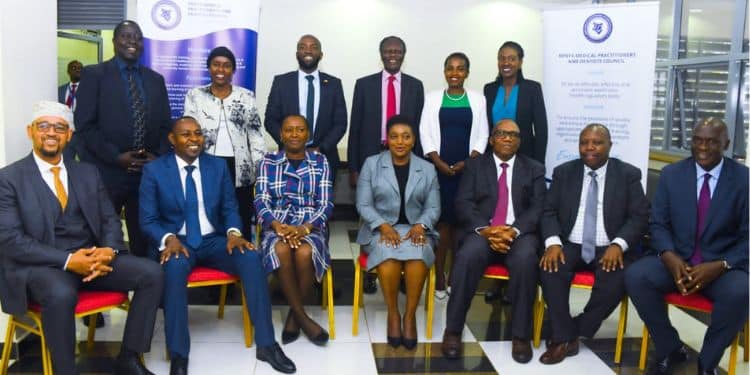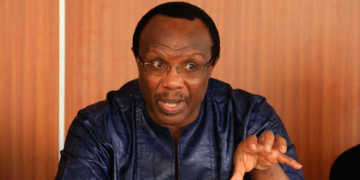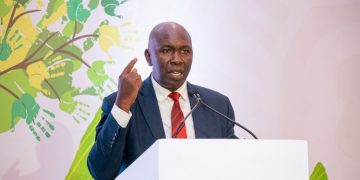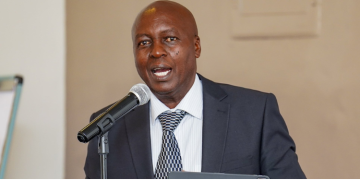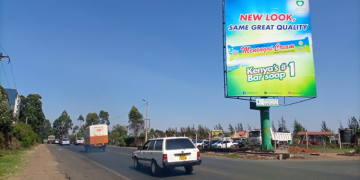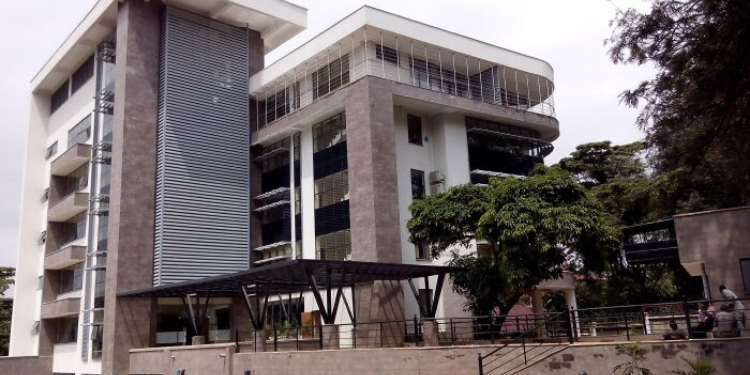The Kenya Medical Practitioners and Dentists Council (KMPDC) has ordered that hospitals in Kenya have no legal right to detain bodies of deceased patients over pending medical bills.
The advisory cites Article 28 of the Constitution, which emphasizes human dignity, and Section 137 of the Penal Code, which criminalizes hindrance to burial and affirms the right to dignity, as it does not end at death.
“Consistent with this, Section 137 of the Penal Code makes it a criminal offence (a misdemeanor) to hinder the burial of a deceased person without lawful authority,” read part of the advisory.
Also Read: Mother of Patient Murdered Inside KNH Raises Critical Questions as Autopsy Results are Made Public
Courts in Kenya, upholding this principle, have included cases such as Mary Nyang’ayi Nyaigero versus Another Karen Hospital Limited in 2016 and Ludindi Venant & Another versus Pandya Memorial Hospital in 1998. These rulings have established that there is no legal basis for such detentions, urging facilities to pursue payments through negotiation or legal means instead.
“There is no property in a dead body. It cannot be offered or held as security for payment of a debt. It cannot be auctioned if there is a default. It cannot be used to earn rental income in a cold room. In sum, there is no legal basis for detaining it,” read the ruling.
Issued amid a September 2025 High Court reaffirmation and October parliamentary push for the Health Amendment Bill to ban patient and body detentions, this guidance addresses persistent ethical issues in Kenya’s healthcare system.
Also Read: Doctor Repeatedly Rapes Dialysis Patient During Treatment
The ruling came after a man in Nairobi complained to the office of the Commission on Administrative Justice (Ombudsman) that his wife’s body was being held by a city hospital, claiming that the action was unlawful as she passed on August 7, 2025, and the family was unable to bury her.
He said that by the time of her passing, the hospital bill had spiked to a whopping Ksh 1.29 million, which the family couldn’t clear.
In response to this case, KMPDC reiterated that it is unlawful for any medical facility to detail a body for whatever reasons, as it violates the human dignity protection in the constitution, even after death.
“Article 28 of our Constitution guarantees every person’s inherent dignity, and this right extends posthumously,” the Commission noted.
Also Read: Cabinet Disbands KMPDC, Engineers Board of Kenya, and Other 11 Corporations
Hospitals and morgues are therefore advised to seek alternative ways of pursuing payment for services offered, such as engaging the families of deceased persons in payment plans or other alternatives, rather than withholding bodies as collateral.
Affected families are reminded of their obligation and encouraged to agree with hospitals on payment plans to enable the timely release of their loved ones for burial as a way of upholding the law and preserving the dignity of the deceased.
Follow our WhatsApp Channel and X Account for real-time news updates.
